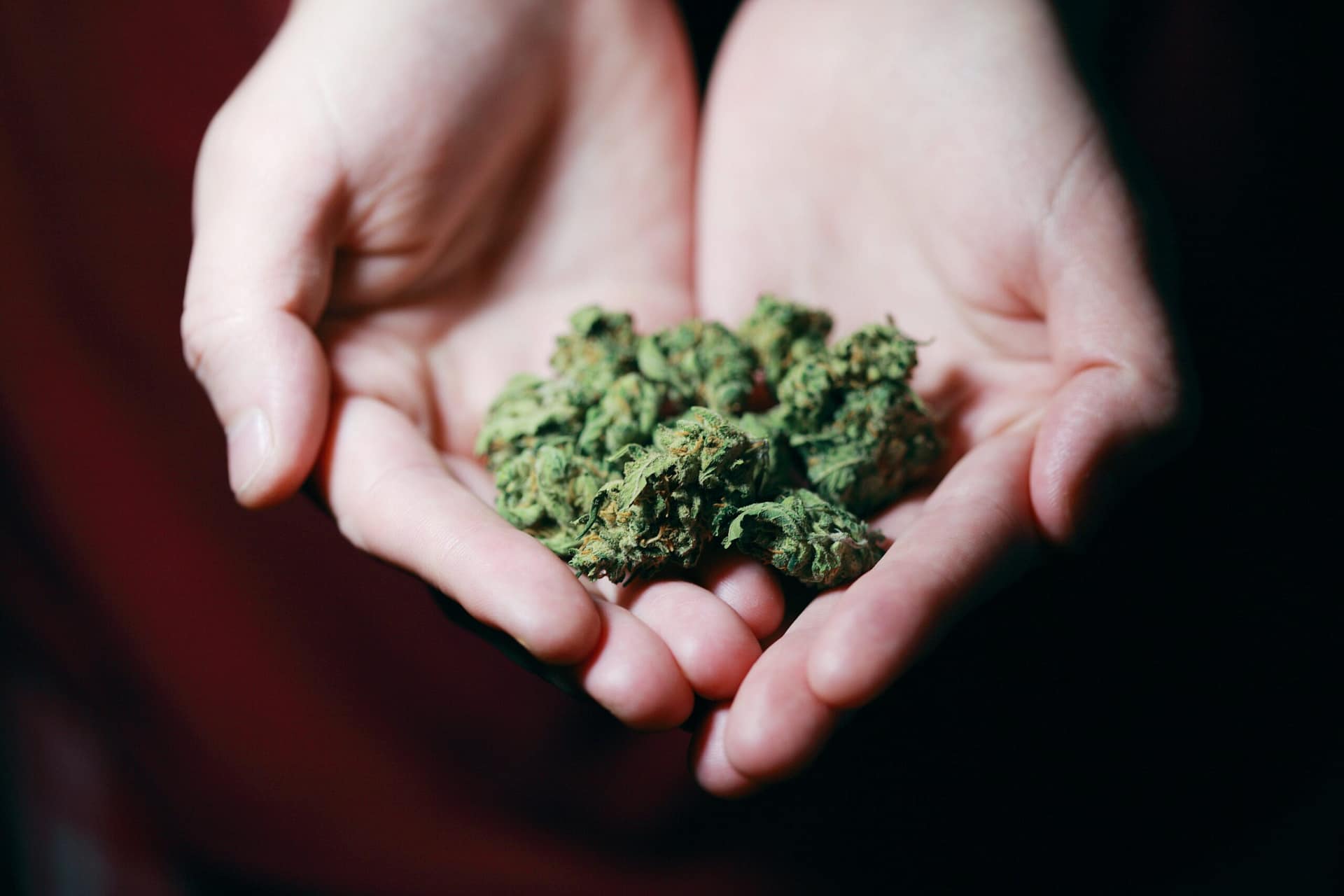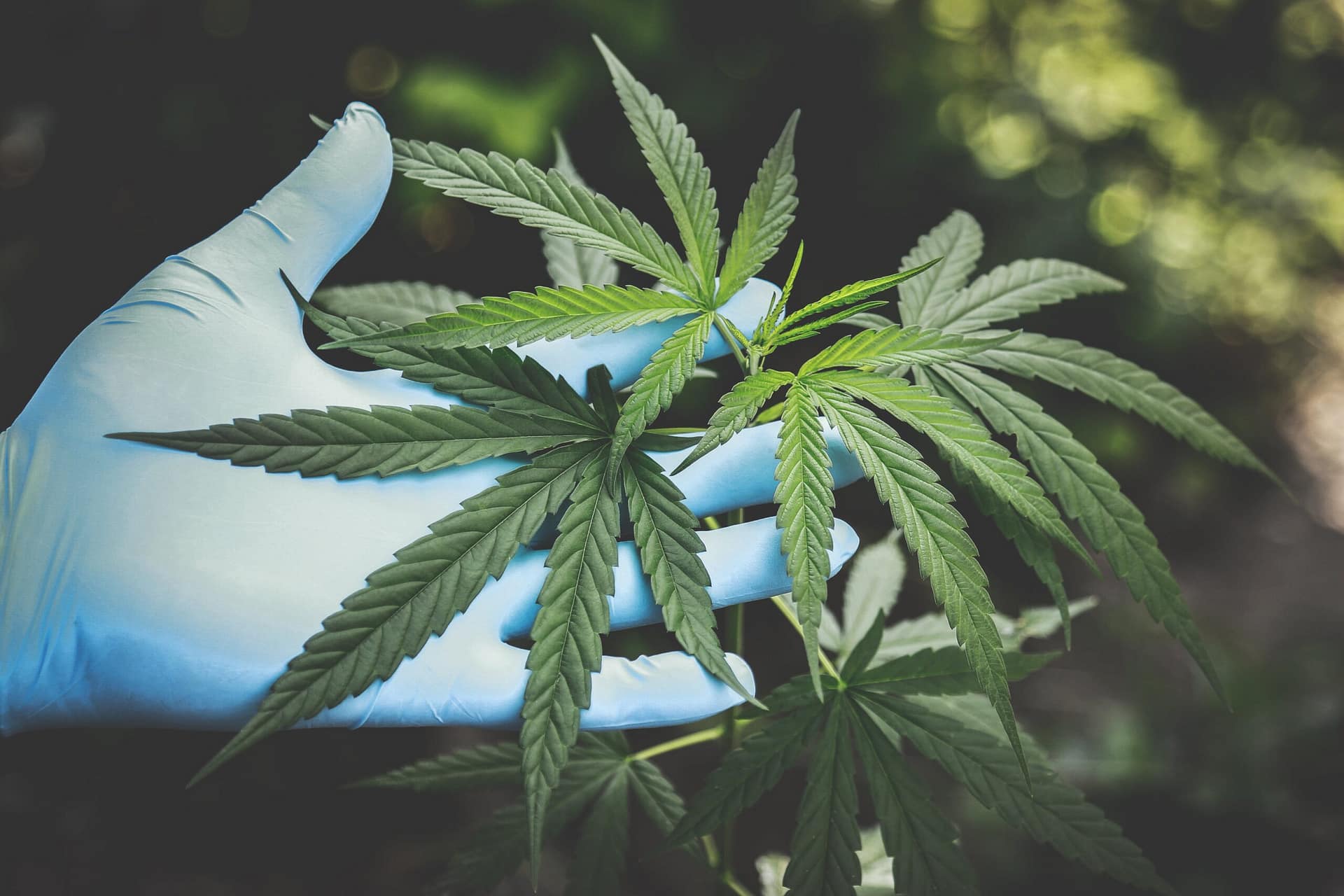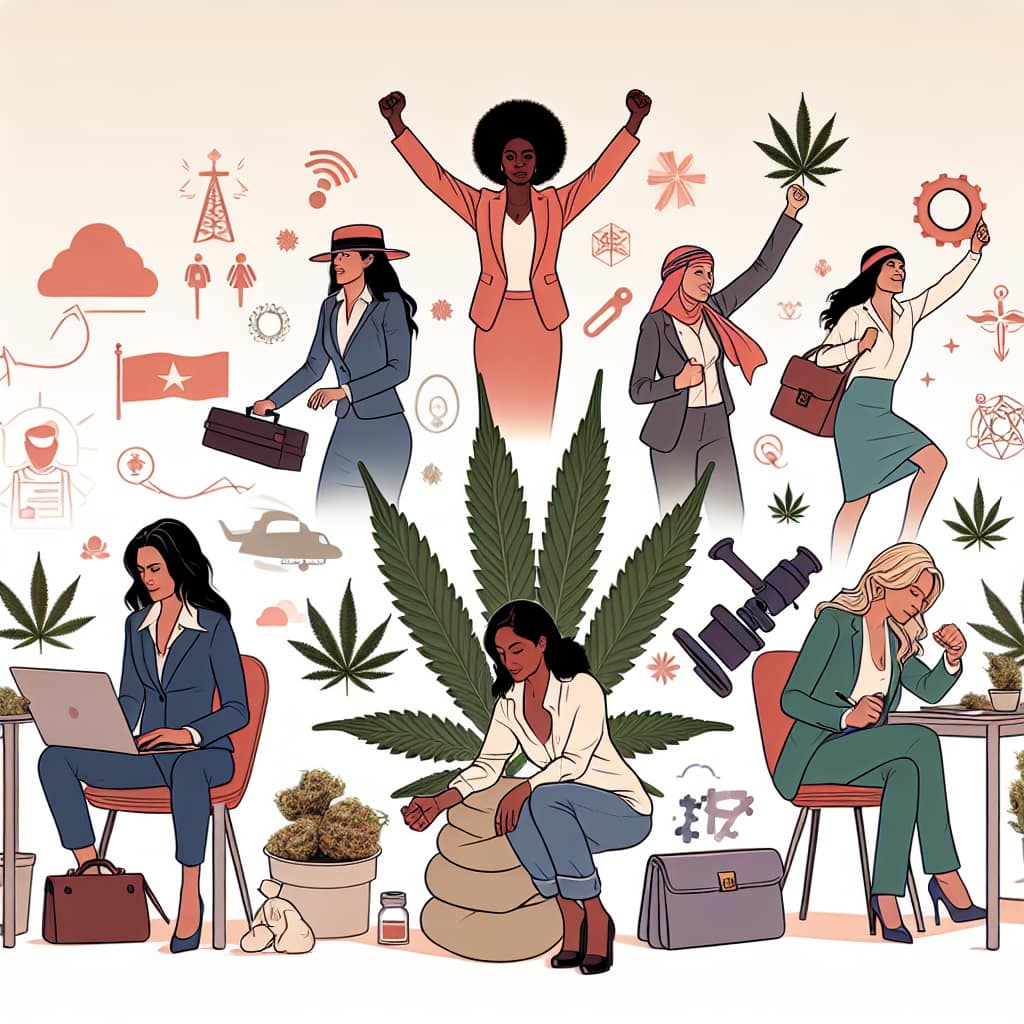If you’ve ever wondered about the hurdles that women face in the cannabis industry, look no further. In this article, we explore the unique challenges that women encounter in a rapidly growing and male-dominated field. From gender bias to lack of representation, we will shed light on the obstacles that women in the cannabis industry navigate every day, and discuss the importance of leveling the playing field for all.
Lack of Representation in Leadership Positions
Gender disparity in executive roles
One of the major challenges faced by women in the cannabis industry is the lack of representation in leadership positions. Despite the growing number of women entering the industry, there is a significant gender disparity when it comes to executive roles. Women are consistently underrepresented in positions of power and decision-making, which limits their influence and ability to shape the industry.
Stereotypes and biases restricting promotion opportunities
Stereotypes and biases also play a significant role in restricting promotion opportunities for women in the cannabis industry. There is a prevailing notion that women are not capable of leadership or that they are more suited for administrative roles. These stereotypes and biases not only limit women’s career growth but also perpetuate a male-dominated culture in the industry.
Limited mentorship for female entrepreneurs
Another barrier faced by women in the cannabis industry is the limited availability of mentorship opportunities. Female entrepreneurs often struggle to find mentors who can guide them through the complex landscape of the industry. This lack of mentorship further hinders their professional growth and can impede their success in starting and scaling their own businesses.
Barriers in Accessing Capital
Difficulty securing investment and funding
Accessing capital is a significant challenge for women in the cannabis industry. Female entrepreneurs often face difficulty in securing investment and funding for their businesses. Investors are more likely to trust and invest in male-led companies, perpetuating the gender gap in access to financial resources. This lack of capital can hinder women’s ability to start or expand their businesses and compete in the market.
Gender discrimination in financing
In addition to the difficulty in accessing capital, women in the cannabis industry also face gender discrimination when seeking financing. Financial institutions may have biased lending practices and offer less favorable terms to women-owned businesses. This discrimination further perpetuates the gender gap and limits women’s ability to grow and thrive in the industry.
Challenges in accessing loans and credit
Accessing loans and credit can be challenging for women in the cannabis industry. Due to the industry’s legal complexities and stigma, financial institutions may be hesitant to provide loans or lines of credit to women-owned cannabis businesses. This lack of financial support can impede business growth and limit opportunities for women entrepreneurs in the industry.
Legal and Regulatory Challenges
Complex and ever-changing regulations
The legal and regulatory landscape surrounding the cannabis industry can present significant barriers for women. The rules and regulations governing the industry can be complex and subject to frequent changes, making it challenging for women to navigate and comply with the regulations. This can create additional hurdles and costs for women-owned businesses, limiting their ability to thrive in the industry.
Limited access to licenses and permits
Obtaining licenses and permits can also be a challenge for women in the cannabis industry. The licensing process can be competitive and require significant financial resources, which may put women-owned businesses at a disadvantage. Limited access to licenses and permits can restrict their ability to operate legally and impede their growth within the industry.
Discriminatory legal treatment
Women in the cannabis industry may also face discriminatory legal treatment. Law enforcement may disproportionately target women and their businesses, leading to higher scrutiny, fines, and even arrests. This unequal treatment and the fear of legal consequences can create an oppressive environment for women entrepreneurs and deter them from fully participating in the industry.
Gender Bias and Discrimination
Unequal treatment and pay disparity
Gender bias and discrimination are pervasive issues faced by women in the cannabis industry. Women often receive unequal treatment compared to their male counterparts, with lower pay and fewer opportunities for career advancement. The pay disparity not only affects their financial stability but also perpetuates gender inequality within the industry.
Microaggressions and gender-based stereotypes
Microaggressions and gender-based stereotypes are another form of discrimination that women in the cannabis industry encounter. These subtle acts of prejudice can create a hostile work environment, undermining women’s confidence and sense of belonging. Women may face negative assumptions about their capabilities or be subjected to gender-specific expectations, making it difficult for them to thrive in their roles.
Hostility and lack of respect
Hostility and a lack of respect can be significant challenges faced by women in the cannabis industry. Women may encounter hostility from colleagues, industry peers, or even clients who do not value their contributions or dismiss their expertise. This lack of respect can undermine women’s professional growth and contribute to a toxic work culture within the industry.
Stigmatization and Social Barriers
Societal prejudice and judgment
Women in the cannabis industry often face societal prejudice and judgment due to the stigma associated with the plant. The negative perception of cannabis can extend to those working in the industry, leading to assumptions about their character or competence. This societal prejudice and judgment can create additional barriers for women who want to succeed and be recognized for their contributions.
Role conflict and stigma
There can be a significant role conflict and stigma faced by women in the cannabis industry. Balancing their professional lives with societal expectations and personal relationships can create internal struggles and external pressures. Women may grapple with the stigma associated with working in the cannabis industry, potentially affecting their personal and professional relationships.
Reputation risks affecting personal and professional life
Working in the cannabis industry can carry reputation risks for women. The association with a still stigmatized and regulated substance can impact their personal and professional lives. Women may face judgment from family, friends, and the broader community, leading to reputational challenges that can hinder career opportunities and personal growth.
Health and Safety Concerns
Physical safety risks in cultivation and manufacturing
Physical safety risks are a significant concern for women working in cannabis cultivation and manufacturing. These roles can involve potentially hazardous tasks, such as handling chemicals or operating heavy machinery. Lack of proper safety protocols and training can place women at increased risk of accidents and injuries.
Exposure to toxic chemicals and pesticides
Women working in cannabis cultivation may also face exposure to toxic chemicals and pesticides. The use of these substances in cultivation practices can have long-term health effects, including respiratory issues and reproductive health concerns. The lack of research on the specific effects of cannabis-related chemicals on women’s health further compounds these risks.
Lack of research on cannabis effects on women’s health
The lack of research on the effects of cannabis on women’s health is a significant challenge faced by women in the industry. The majority of research has focused on male subjects, leading to a lack of understanding of how cannabis interacts with women’s bodies, hormones, and overall health. This knowledge gap can negatively impact women’s ability to make informed decisions about their own health and well-being.
Limited Educational and Networking Opportunities
Underrepresentation in cannabis education programs
Women face underrepresentation in cannabis education programs, limiting their access to knowledge and skills necessary for professional growth. Whether it is formal education, training, or certification programs, women may encounter a lack of tailored opportunities that address their specific needs and challenges in the industry.
Challenges in accessing industry-specific training
Accessing industry-specific training can also be a barrier for women in the cannabis industry. Training programs focusing on cultivation techniques, extraction methods, and compliance regulations may not always be readily available or designed with women in mind. This lack of training opportunities can impede their ability to develop the necessary skills to succeed in the industry.
Networking barriers and exclusion
Networking is a crucial aspect of professional growth, yet women in the cannabis industry often face barriers and exclusion from established networks. Male-dominated industry events, conferences, and associations may not provide an inclusive environment for women to network and connect with industry leaders. This exclusion limits their access to valuable connections, mentorship opportunities, and potential business partnerships.
Childcare and Work-Life Balance
Lack of affordable and accessible childcare options
Women in the cannabis industry often face challenges in accessing affordable and accessible childcare options. Balancing the demands of work and family can be particularly difficult for mothers, who may struggle to find reliable and affordable childcare that accommodates their work schedules. The lack of suitable childcare options can create barriers for women who want to advance their careers in the industry.
Work-life balance challenges and guilt
Work-life balance can be a significant issue for women in the cannabis industry. The demanding nature of the industry, especially in startup or entrepreneurial settings, can require long hours and intense dedication. Balancing work commitments with personal responsibilities and self-care can create immense pressure and feelings of guilt, impacting their overall well-being and professional success.
Limited maternity leave policies
The lack of comprehensive maternity leave policies within the cannabis industry poses challenges for women who want to balance their careers and motherhood. Women may face limited or no maternity leave benefits, which can force them to choose between continuing their professional development and having a family. This limited support for new mothers can hinder their advancement within the industry and perpetuate gender inequalities.
Navigating a Male-Dominated Industry
Exclusion from male-dominated networks
Navigating a male-dominated industry can be challenging for women in the cannabis industry. Women may face exclusion from professional networks and opportunities that are predominantly male-focused. This lack of access to male-dominated networks can limit their visibility, mentorship opportunities, and career advancement prospects.
Challenges finding female mentors and role models
Finding female mentors and role models can be a significant challenge for women in the cannabis industry. The scarcity of women in leadership positions makes it difficult for aspiring women to find mentors they can relate to and seek guidance from. The absence of strong female role models within the industry can hinder the growth and success of women professionals.
Navigating the ‘boys’ club’ culture
The ‘boys’ club’ culture that permeates the cannabis industry can create additional obstacles for women. Women may encounter a culture that privileges male perspectives, excludes their voices and experiences, and perpetuates gender-related biases. Navigating this culture requires resilience and determination, as women must constantly prove their worth and challenge gender-based stereotypes to succeed.
Overcoming Stereotypes and Changing Perceptions
Promoting positive narratives and success stories
One way to overcome stereotypes and change perceptions is by promoting positive narratives and success stories of women in the cannabis industry. Highlighting the accomplishments of women entrepreneurs, executives, and professionals can challenge biases and inspire others to pursue their aspirations. By showcasing the diverse experiences and achievements of women in the industry, we can challenge stereotypes and empower more women to succeed.
Educating the public on women’s capabilities
Another approach to overcoming stereotypes and changing perceptions is by educating the public about the capabilities of women in the cannabis industry. Breaking down gender-based stereotypes and dispelling misconceptions can help shift public opinion and create more inclusive environments. By highlighting the unique skills, talents, and contributions that women bring to the industry, we can challenge biases and foster a more equitable and diverse cannabis community.
Empowering women through advocacy and support
Empowering women in the cannabis industry requires ongoing advocacy and support. Establishing mentorship programs, networking events, and educational initiatives specifically tailored to women can help address the challenges they face. By creating spaces and opportunities for women to thrive, we can foster a more inclusive and supportive industry that values and promotes the contributions of women.
In conclusion, women in the cannabis industry face a range of challenges that hinder their professional growth and success. From the lack of representation in leadership positions to gender bias and discrimination, these obstacles limit the opportunities available to women and perpetuate a male-dominated culture. However, by addressing these challenges head-on, promoting inclusivity and diversity, and empowering women through advocacy and support, we can create a more equitable industry that values the contributions of all.




